
This post describes how to implement the OpenSSF Compiler Options Hardening Guide for C and C++ in CMake.
Read more...
This post describes how to implement the OpenSSF Compiler Options Hardening Guide for C and C++ in CMake.
Read more...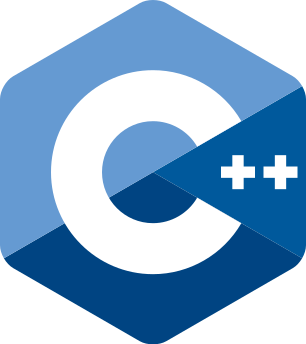
This blog post explains how to use a custom C++ toolchain based on clang 12 with libc++-12 in Bazel on Ubuntu 20.04.
Read more...
Many Bazel attributes support the use of predefined variables
and functions such as @D for output directory or
$(location //foo:bar) to get the path to a label. But what
if you want to apply some sort of tranformation to these
variables, or define your own custom make variables? This
blog post explains how.
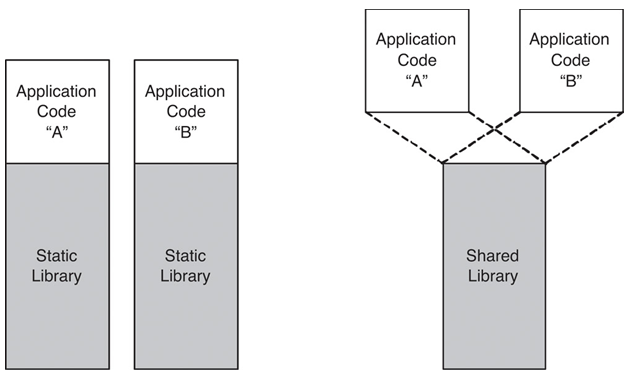
Let’s say you are using Bazel to build a C program which links against a system-provided version of libcurl, the multiprotocol file transfer library. What is the best way to link your program against this library within Bazel? This blog post provides an answer to that question.
Read more...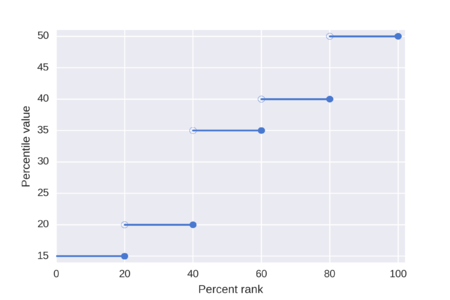
Version 3.1.0 of the streaming percentiles library has been released.
The streaming percentiles library is a cross-platform, multi-language (C++ and JavaScript) implementation of a number of online (single-pass) percentile algorithms. This version of the streaming percentiles library adds support for copy construction, assignment, move construction, and move assignment on all analytics classes.
This change allows you to put streaming analytics classes into STL containers, such as:
|
|
It also allows you to efficiently move the state of an algorithm from one object to another without copying, as in:
Read more...
This is part 8/8 of my Calculating Percentiles on Streaming Data series.
As mentioned in part 6 of this series, I have published a C++ and JavaScript library which implements a number of streaming percentile algorithms on GitHub at https://github.com/sengelha/streaming-percentiles.
Versions 1.x and 2.x of the C++ library required all measurements to use the type double,
and usage of the algorithms looked something like this:
|
|
For version 3.x of the library, I have modified the algorithms to be
parameterized by type so that they are not limited to double. The
algorithms now may be used by type which implements a few simple
requirements: it must be default constructible, copy constructible,
assignable, and implement operator<. This means that they can now
be used with float, int, long double, a custom number type, or
even std::string.
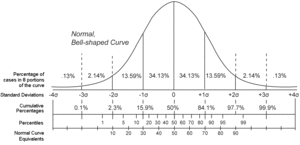
This blog post series shows my exploration with calculating percentiles on data using only a single pass. It showcases a few different streaming percentiles algorithms and ends with a C++ and JavaScript library which implements a few of these algorithms.

This is part 7/8 of my Calculating Percentiles on Streaming Data series.
In 2005, Graham Cormode, Flip Korn, S. Muthukrishnan, and Divesh Srivastava published a paper called Effective Computation of Biased Quantiles over Data Streams [CKMS05]. This paper took the Greenwald-Khanna algorithm [GK01] and made the following notable changes:
Compress() operation by removing the concept of banding.The paper also demonstrated that the new, more generalized algorithm could handle the following cases with ease:
Read more...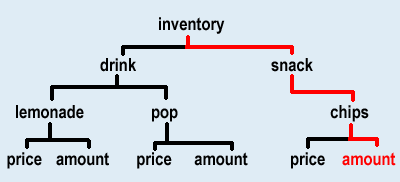
XPath is a language for selecting nodes from an XML document. XPath is used extensively in XSLT and other XML technologies. I also vastly prefer using XPath (e.g. with XPathNavigator) over the XML DOM when manipulating XML in a non-streaming fashion.
In XPath, strings must be delimited by either single or double quotes. Given a quote character used to delimit a string, one can’t represent that same quote character within the string. This means that if you decide to use single quotes to delimit your XPath string, you couldn’t represent the string O’Reilly; use double quotes, and you can’t represent “Hello”.
Read more...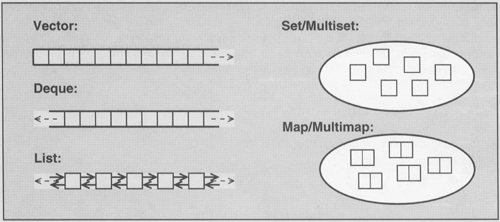
Let’s say you have the following function:
|
|
What happens if this function is exported as an ordinal function from a DLL (not an inlined piece of code inside a header) and you call it from an EXE?
It works most of the time. When it doesn’t, it corrupts your heap and causes a spectacular mess.
Read more...